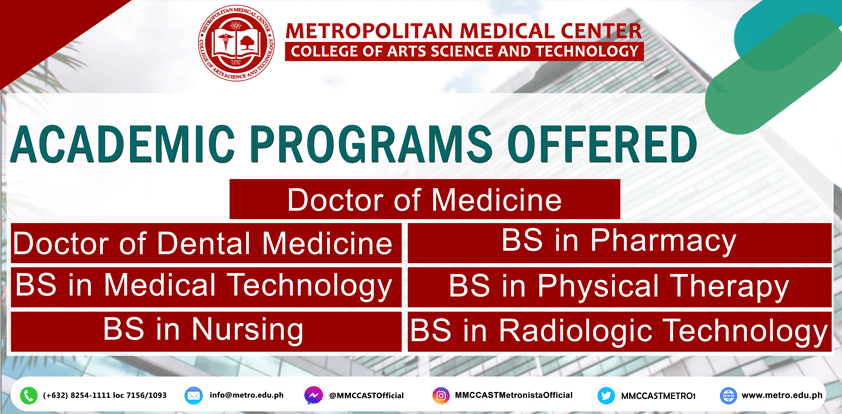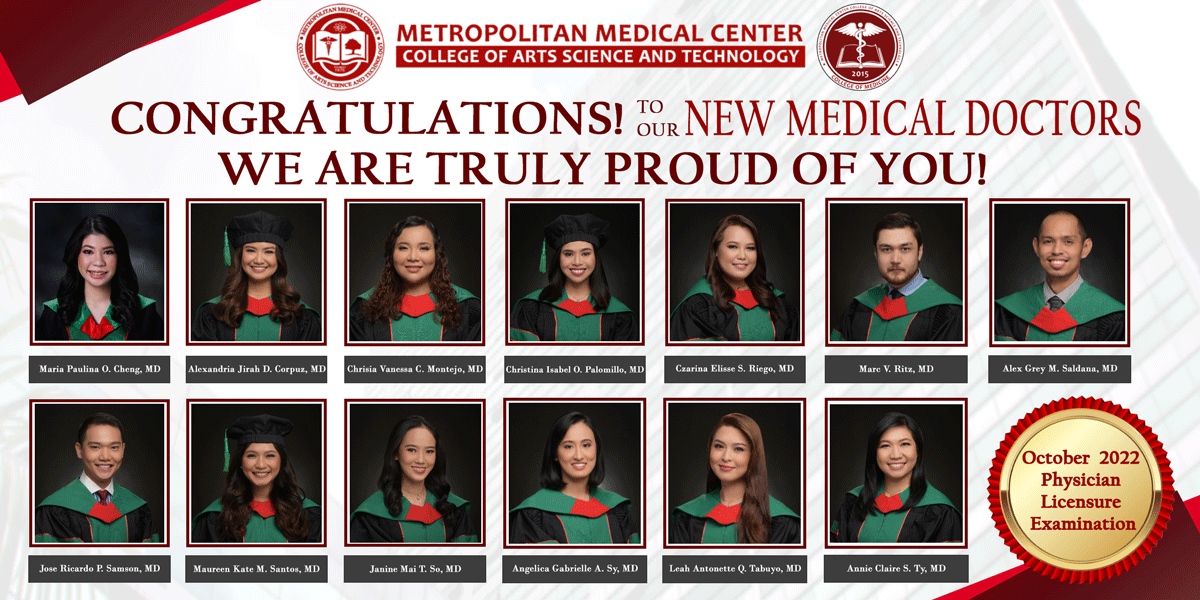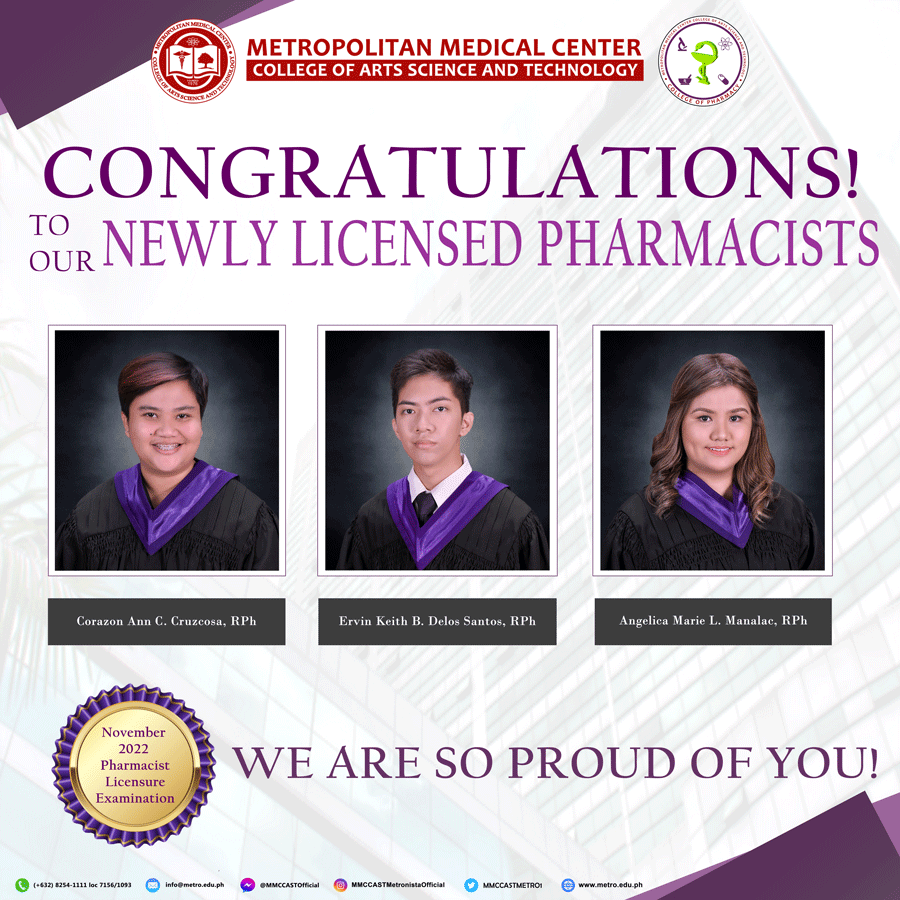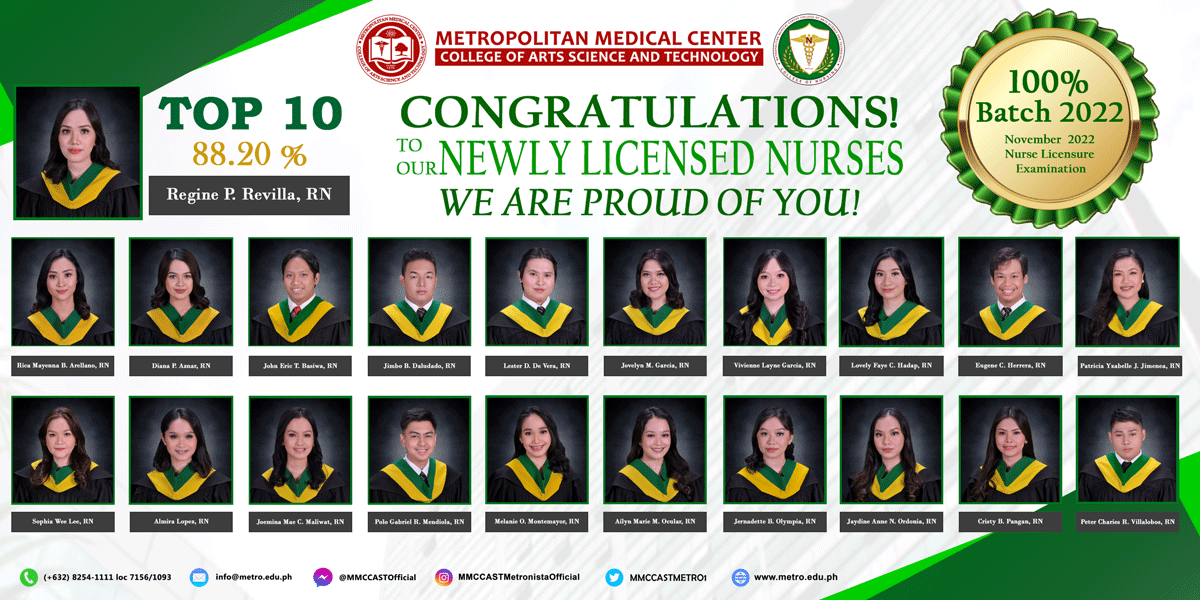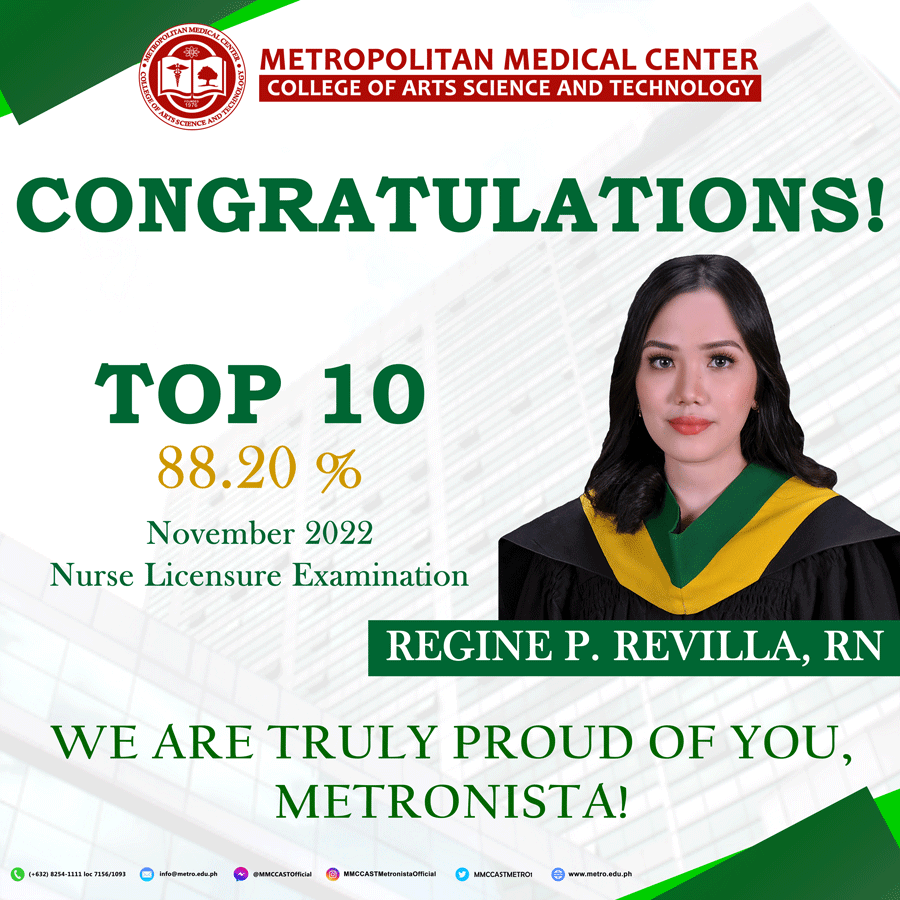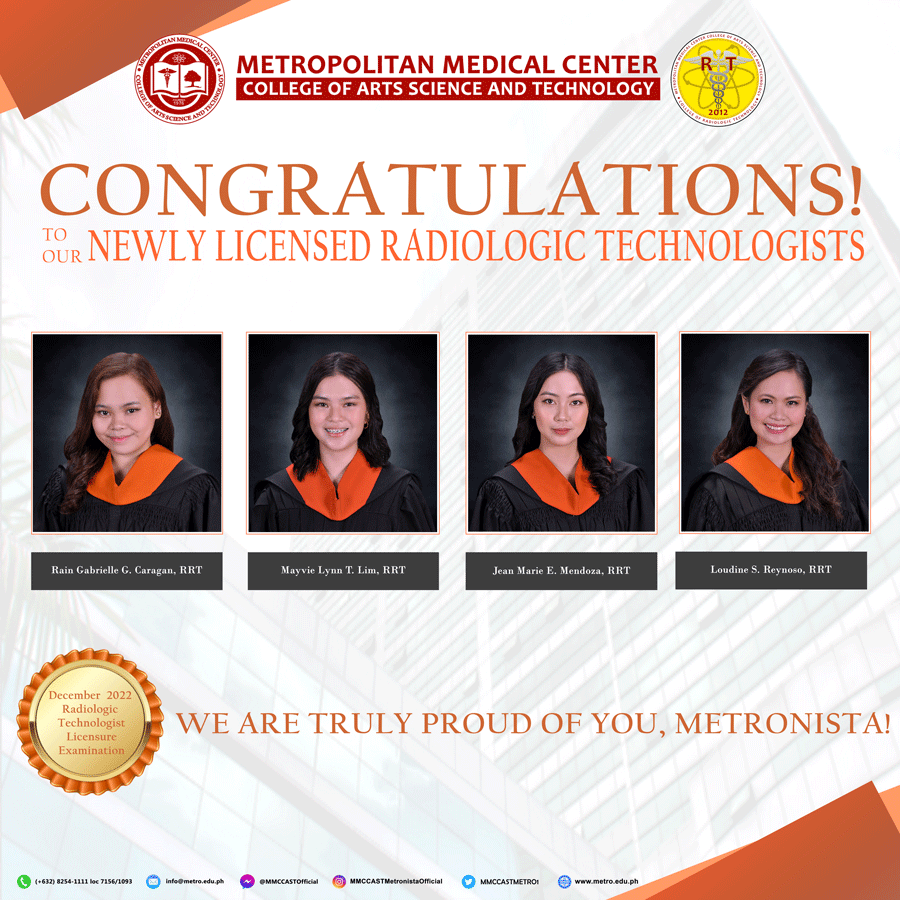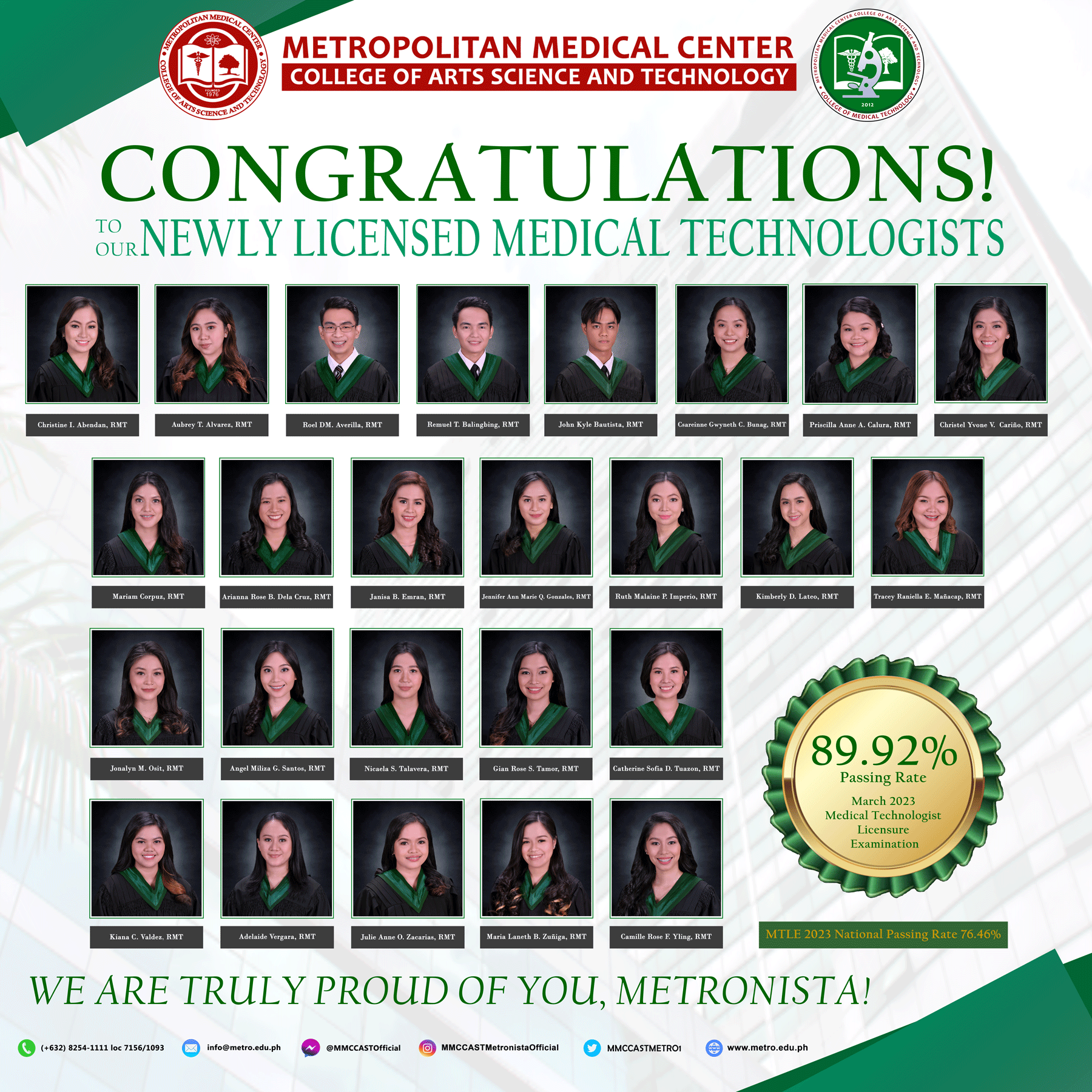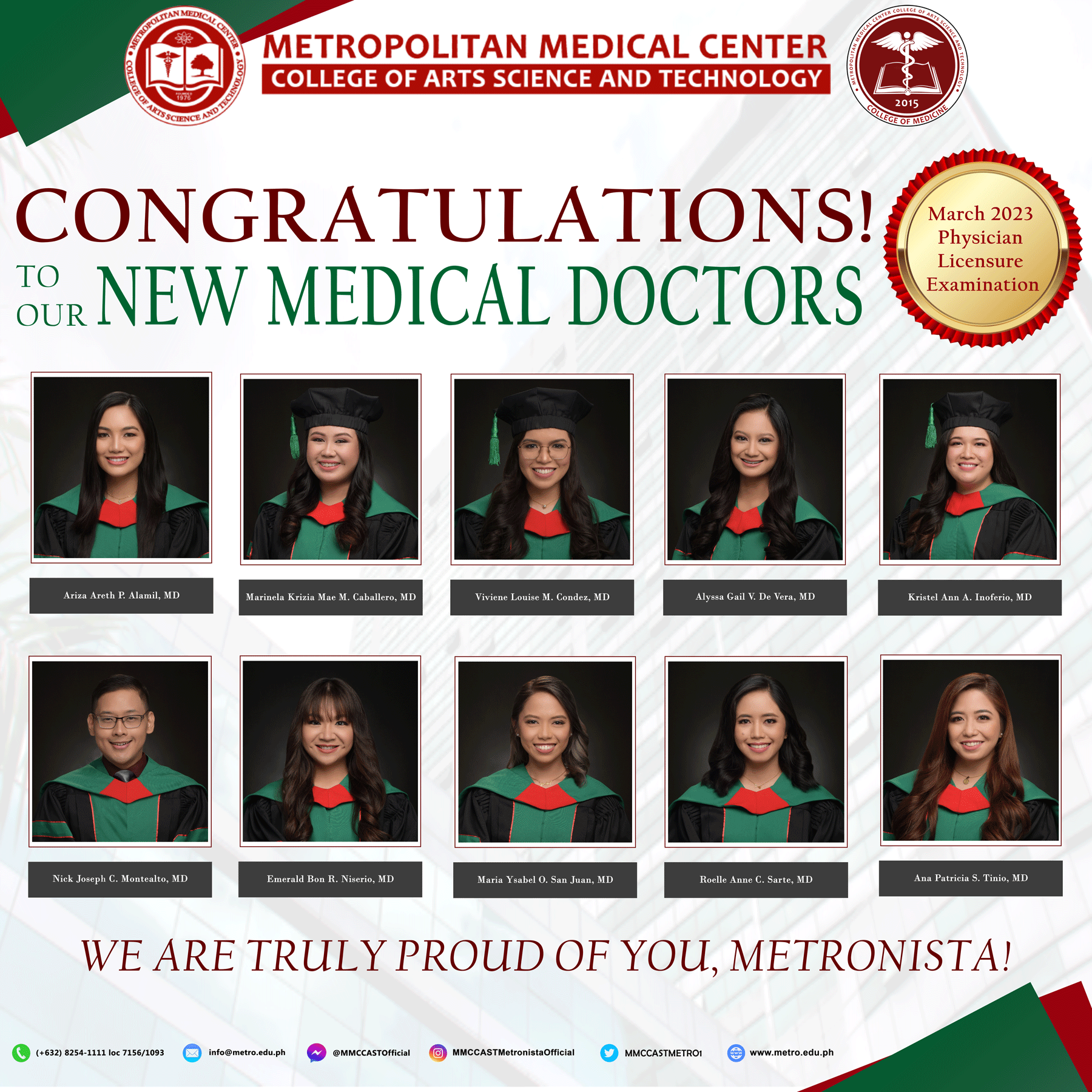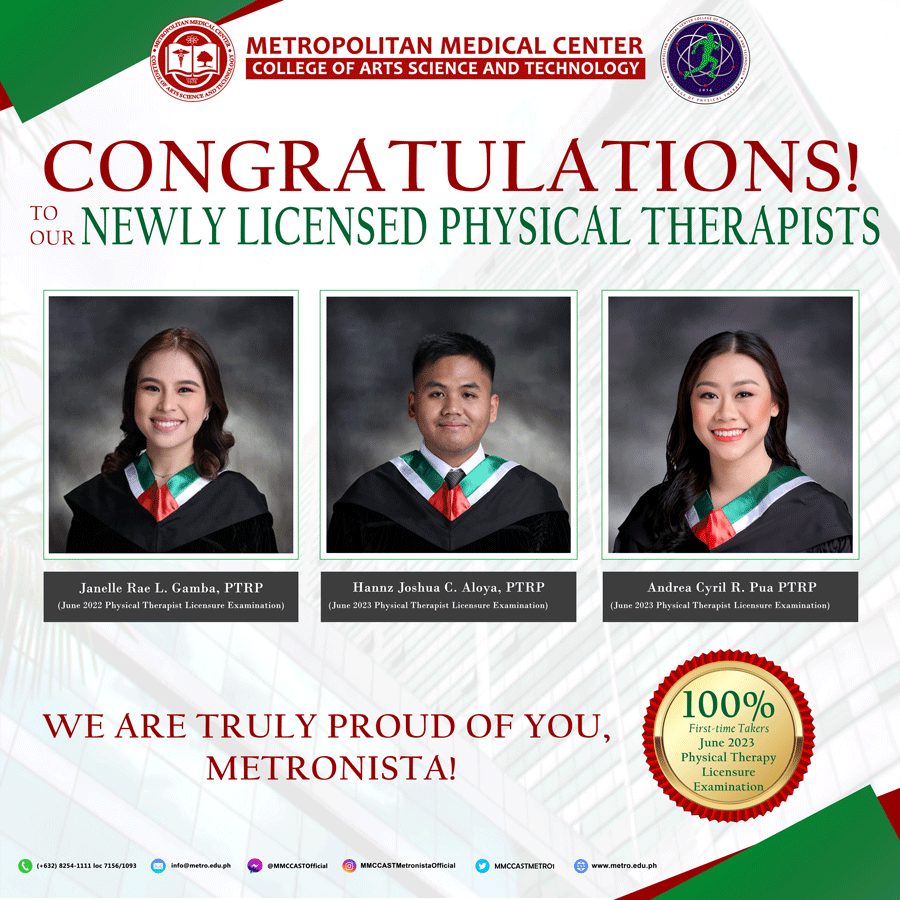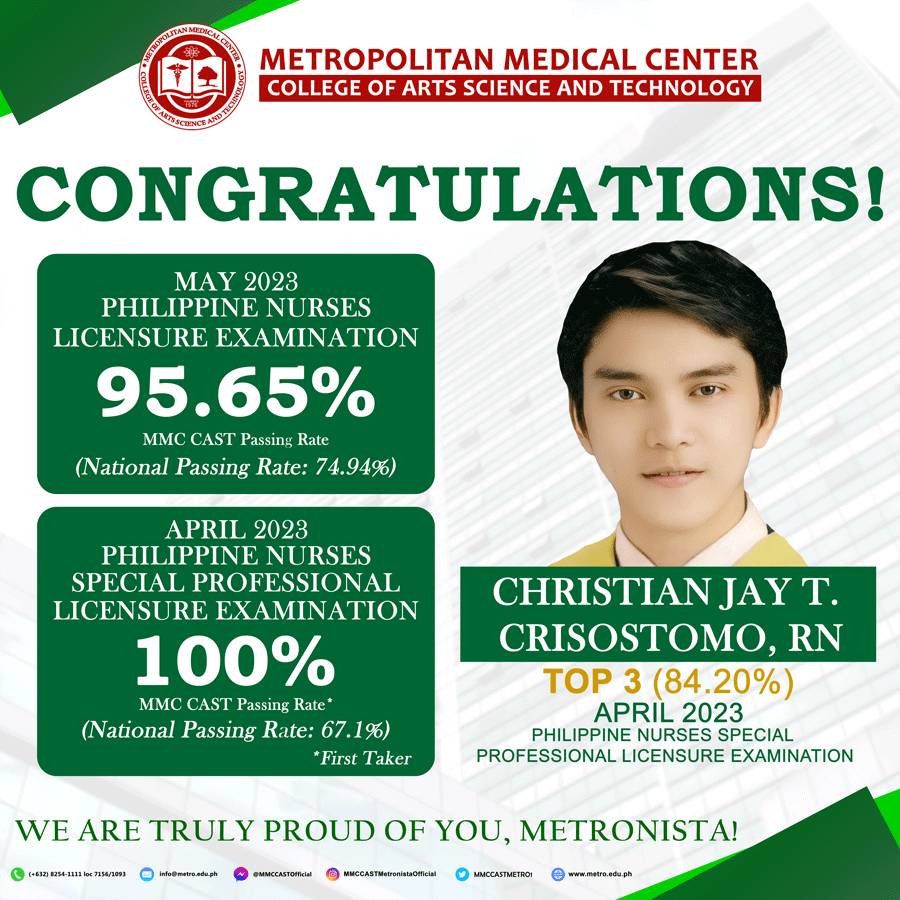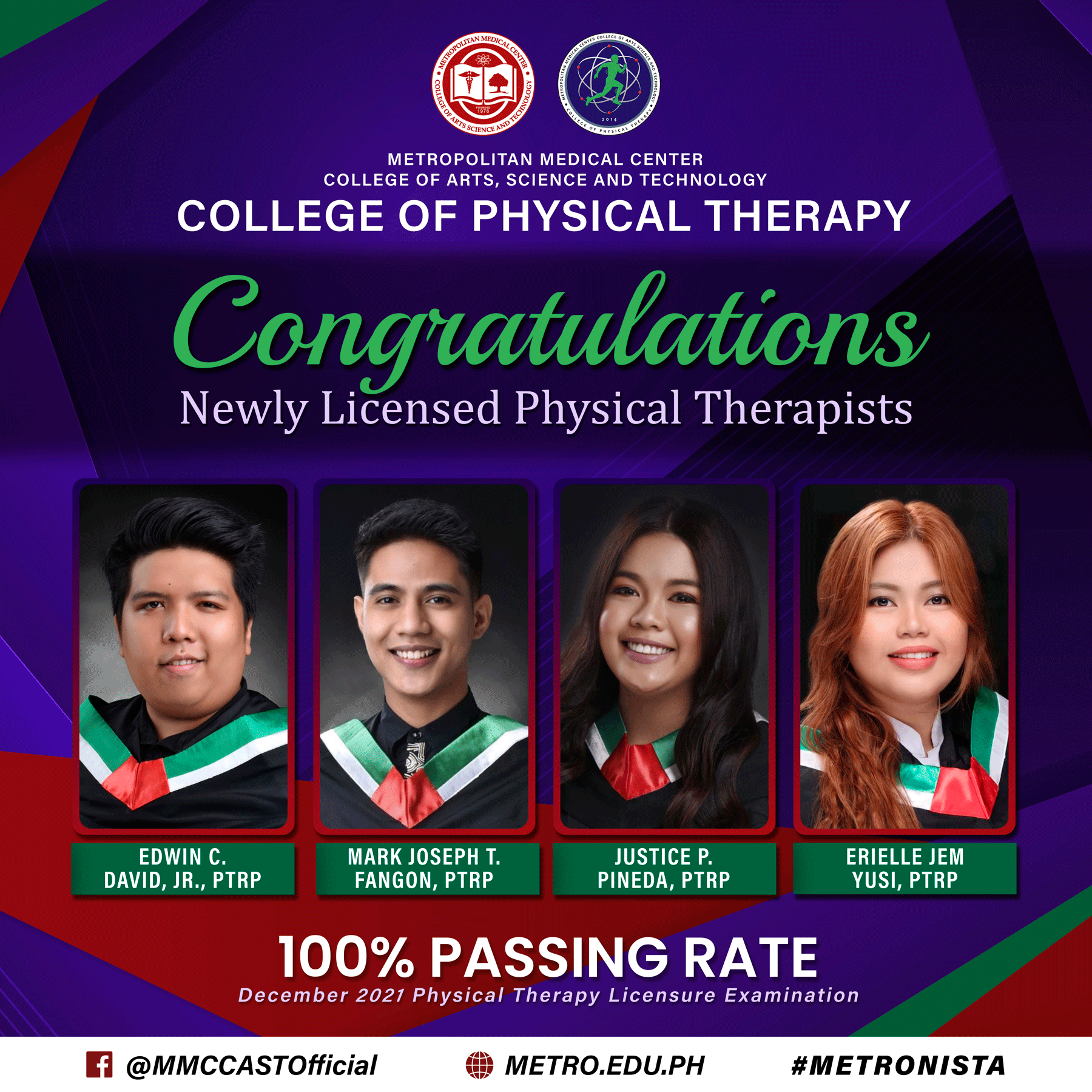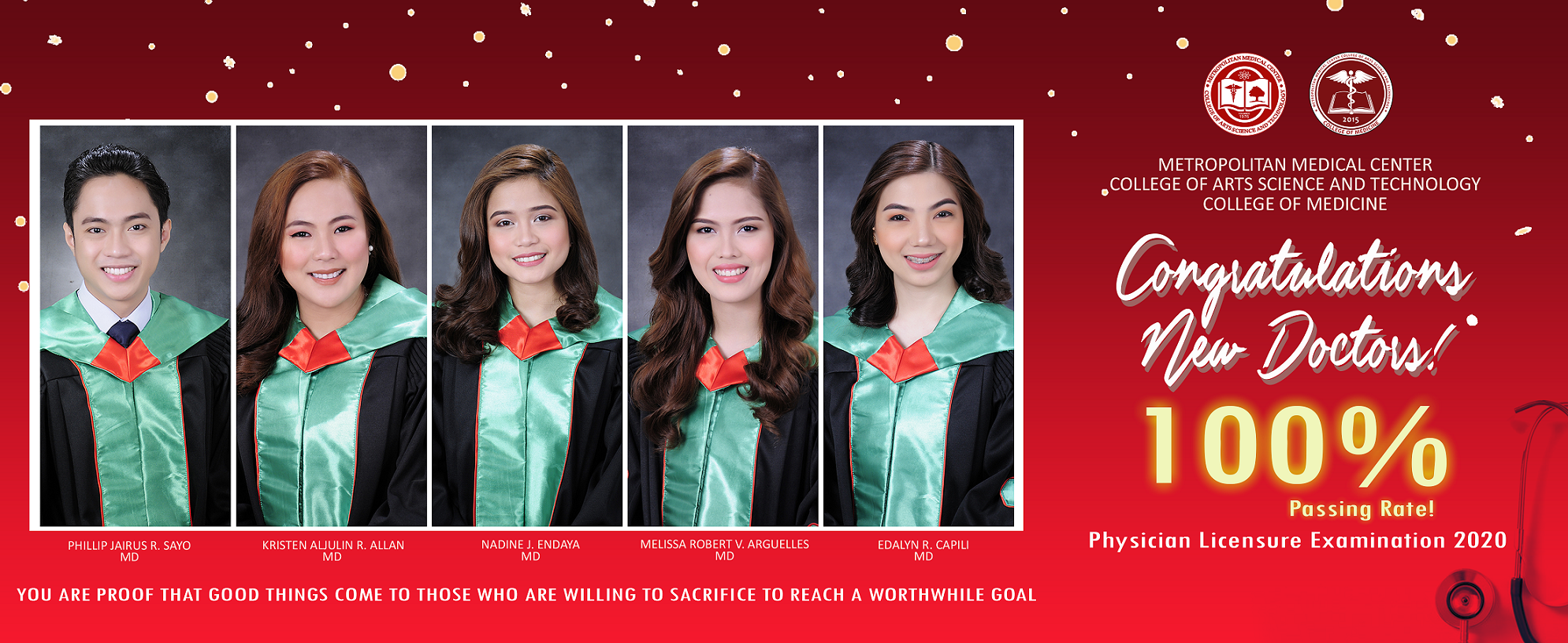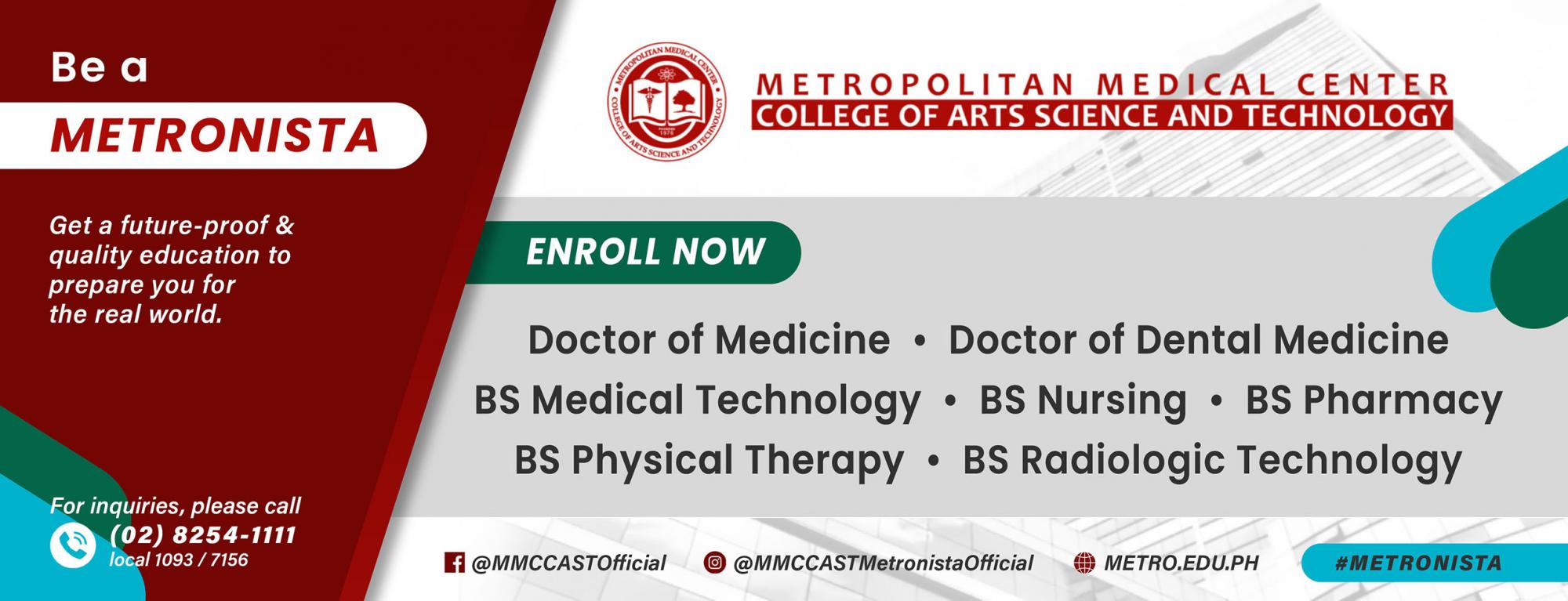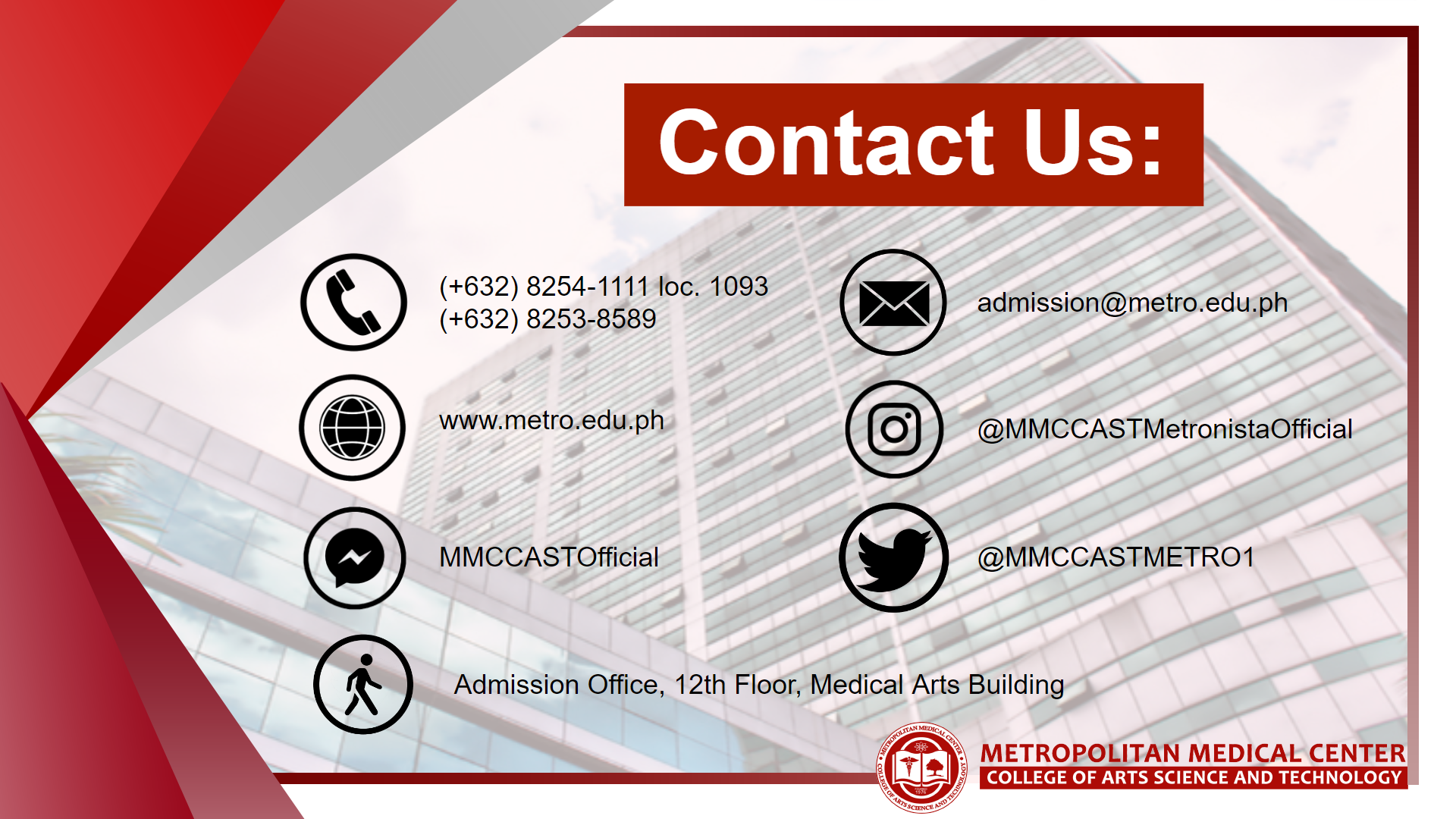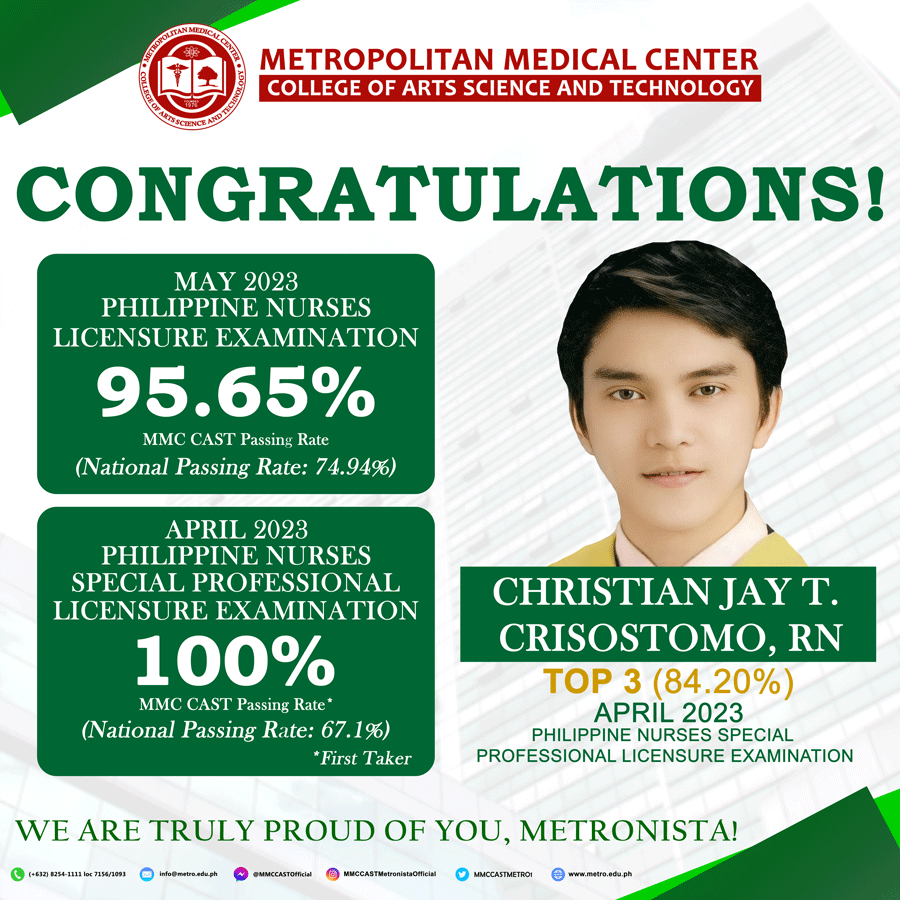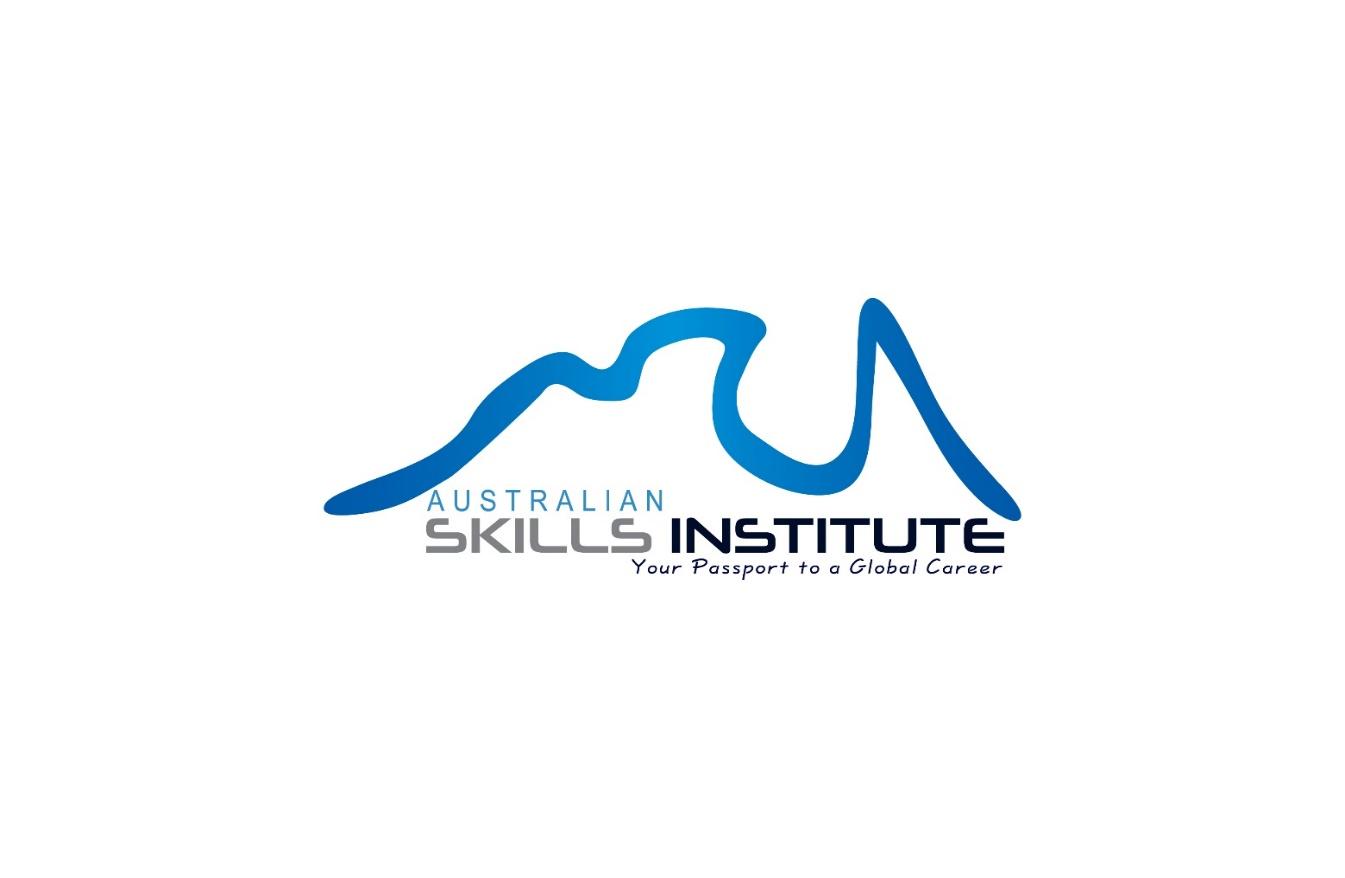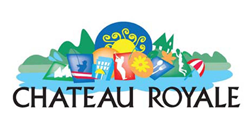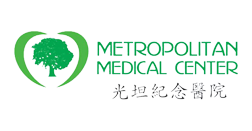| Home | Registration | About the conference | Programme | Call for Submissions |
|---|
Metro Manila Health Research and Development Consortium (MMHRDC)
The Ermita Health Science Community (EHSC) was formally organized in 1984 after the 13 founding member institutions signed a Memorandum of Agreement (MOA). The general objective of the EHSC was to help solve health problems of the Philippine population. In 1992, the EHSC accepted seven new members and became the Metro Manila Health Science Community (MMHSC). The general objective expanded to establish a system of coordination and sharing resources aimed at the promotion of research in order to help solve the health problems of the Philippine population.
In 1995, the MMHSC was registered in the Securities and Exchange Commission (SEC) to assume a legal personality, allowing it to access grants from various sources. It was however beset with few major challenges that led to inactivity.
As the country’s response to the global call for the establishment of the country’s specific national health research systems, the Philippine National Health Research System (PNHRS) was established. PNHRS’ mission is to create and sustain an enabling environment for health research towards evidence-informed health and health-related policies and actions. In line with this, Regional Health Research and Development Consortia were organized in ever regions of the country. The consortia aim to link health research institutions together to complement and share resources for health research and development. In Metro Manila, the National Capital Region Health Research and Development Consortium was established (NCR-HRDC).
As a consortium, the NCR-HRDC offer various benefits to its member institutions such as opportunities for strengthening research capacities through mentoring and twinning arrangements, complementation and sharing resources. On February 13, 2009, the name of NCR-HRDC was changed to Metro Manila Health Research and Development Consortium (MMHRDC), which organized 23 member institutions in a MOA signing at the Grand Pacific Ballroom, Pan Pacific Hotel.
As part of the PNHRS, the MMHRDC exemplifies partnerships and collaboration among member institutions fostering an active sense of community towards strengthening and sustaining networking within the NCR and with other local and international partners.
As of 2022, MMHRDC has 44 member institutions composed of 20 academic institutions, 9 medical centers and government and non-government agencies (private, NGOs, professional society). Over the years, MMHRDC has;
- Provided Basic Research Training to young and budding health researchers;
- Facilitate in the provision of research funding;
- Showcased research, including lectures and research posters;
- Capacitate institutions to attain PHREB accreditation;
- Hosted scientific conventions and fora which allowed Filipino researchers and students to participate, learn and interact with other researchers and scientist in health research community.
Symposium & Conference Rationale
The COVID-19 pandemic has brought a huge realization in the different aspects of healthcare delivery. It enables us to gain a better perspective that efficient healthcare and safeguarding communities’ health is a shared responsibility of all sectors. This gain of better perspective in the importance of social determinants of health and recognizing its ecosystem of healthcare delivery, and with the Philippines enacted the Universal Health Care Act of 2019, the MMHRDC 7th International Symposium and 14th Annual Scientific Conference hopes to gather international and local experts who will discuss relevant topics and issues all geared towards highlighting the role of the different sectors of society towards a more responsive health care delivery system and set the stage for dialogues on the developments of the UHC and the theories and practices Universal Basic Services, to help us move forward in building a nation with a more resilient and meaningful health environment.
This event is funded by the Department of Science and Technology – Philippine Council for Health Research & Development (DOST-PCHRD), Commission on Higher Education (CHED) through International Affairs Services, and Department of Science and Technology – National Capital Region.



